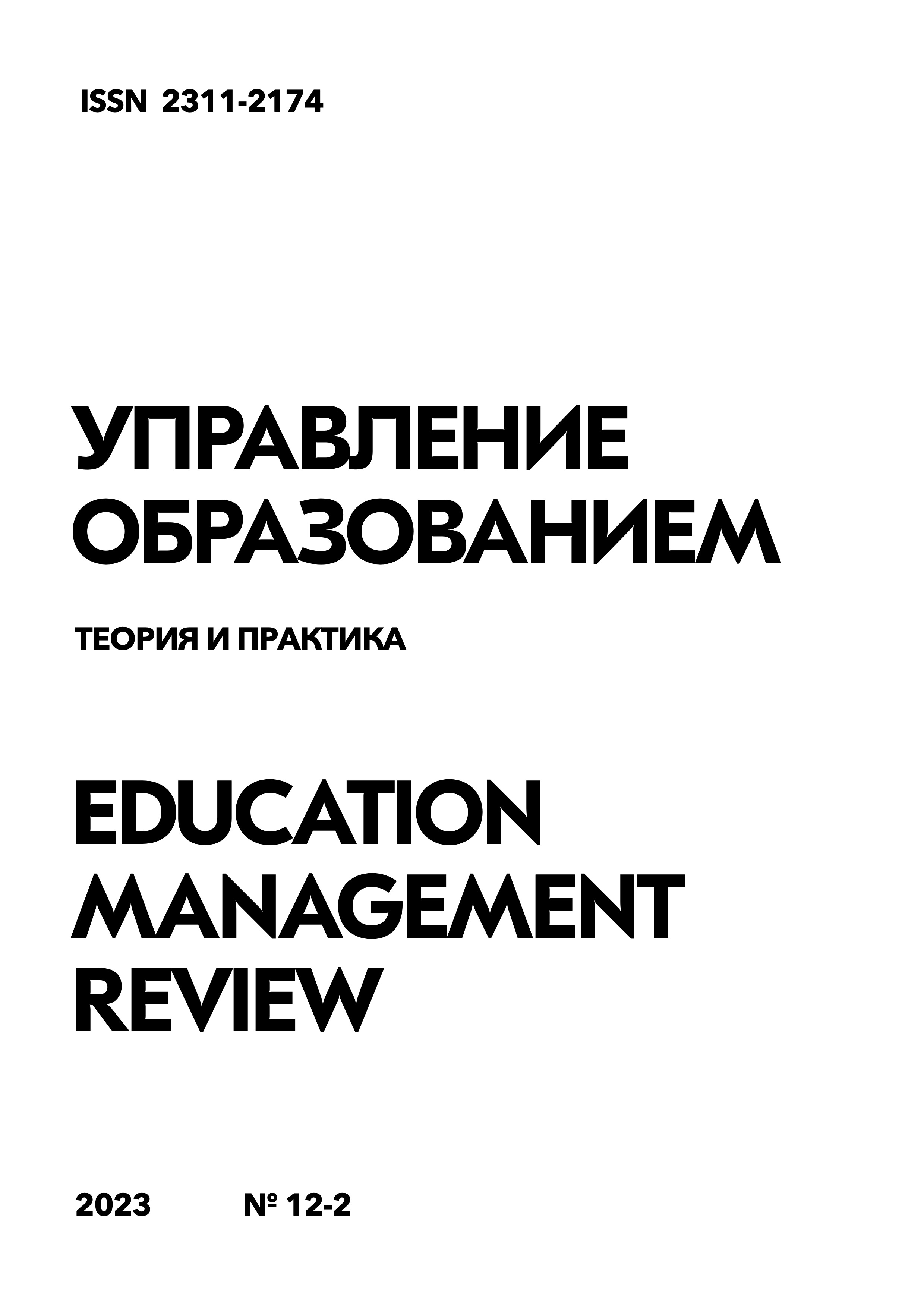Methods of research and understanding of phraseological units in English by students
DOI:
https://doi.org/10.25726/u0918-0843-2806-vKeywords:
phraseological units, teaching methods, foreign language, EnglishAbstract
Currently, the issue of learning and understanding phraseological units of the English language by foreign students remains insufficiently studied. The purpose of this study was to study methods and approaches to mastering the phraseological fund of the English language by university students. The study involved 120 2nd-3rd year university students studying at the Faculty of Foreign Languages. The study was carried out in two stages using quantitative and qualitative methods: at the first stage, a questionnaire survey was conducted to identify the most preferred methods of working with phraseological dictionaries; at the second stage, an experimental cross-section of students’ knowledge was conducted before and after working with methodological recommendations. The main approaches to teaching phraseology, proposed in the works of foreign linguists, include the use of thematic dictionaries, interactive exercises, and the project method. The central place in these methods is given to the formation of skills of recognition and active reproduction of phraseological units in various communicative situations. The results showed that the most effective methods are those that combine work with dictionaries, thematic texts and short-term memorized information. Thus, the study provides important recommendations for increasing the effectiveness of teaching phraseology by taking into account certain parameters of the organization of the educational process. This allows you to make the learning process more productive.
References
Ашутош А. Библейские фразеологические единицы в русском языке и языке хинди: особенности перевода // Вестник Санкт-Петербургского государственного университета. Востоковедение. Африканистика. 2019. №3. С. 286-296.
Башмакова И.С. Фразеологизм как носитель свернутого мифа. Трудности перевода // Вестник Кемеровского государственного университета. 2018. №2 (74). С. 148-154.
Бетерсултанова Р.М. Специфика перевода чеченских фразеологизмов разговорного стиля на русский язык // Вестник Курганского государственного университета. 2019. №2 (53). С. 24-27.
Вахрамеева А.С. Гендерно-ориентированные высказывания в современном английском языке (на материале женской прозы): дисс. к. филол. н. СПб., 2009. 193 с.
Иконникова В.А., Цверкун Ю.Б. Лингвокульту-рологические исследования англоязычных отраслевых терминологий и современные технологии в лингвистике (бакалавриат, магистратура): монография. М.: Ру-сайнс, 2021. 188 с.
Карпова О.М. Изменение современной лексикографической парадигмы в цифровую эпоху (на материале словарей английского языка) // Вестник Воронежского государственного университета. Серия: Лингвистика и межкультурная коммуникация. 2022. № 2. С. 6-12. DOI: https://doi.org/10.17308/lic.2022.2/9284
Кузьмин С.С. Русско-английский фразеологический словарь переводчика. М.: Просвещение, 2009. 800 с.
Кунин А.В. Большой англо-русский фразеологический словарь. 4-е изд., перераб. и дополн. М.: Русский язык, 2005. 944 с.
Маник С.А. Англоязычная политическая лексикография: формирование, развитие, современное состояние: дис. д-ра филол. наук. Нижний Новгород, 2020. 572 с.
Матвеева Ю.О., Арсентьева Е.Ф. Способы перевода английских фразеологических единиц с компонентом - музыкальным термином на русский язык // Вестник Томского государственного университета. 2016. С. 39-44.
Пасько Д.А., Зеленцова М.Г. Языковые особенности английского юмора в сопоставлении с русским: переводческий аспект // Студенческий вестник. 2018. № 27-1 (47). С. 14-17.
Сидорова Н.А., Лимарова Е.В., Тупицына И.Н. Ценностный аспект языковых сопоставлений в межкультурном взаимодействии // Вестник Челябинского государственного университета. 2019. № 1 (423). - С. 123-128.
Шилова Е.А. Общие тенденции развития англоязычной терминологии туризма // Вестник Иван. ун-та. Сер. «Гуманитарные науки». 2019. № 1. С. 60-63.
Юсупова С.М., Бахаева Л.М. Гендерный компонент во фразеологизмах (на материале английского, немецкого и русского языков) // Мир науки, культуры, образования. 2020. № 6(85). С. 555-557.
Hargraves O. Electronic Dictionaries // The Cambridge Companion to English Dictionaries. Ed. S. Ogilvie. Cambridge: Cambridge University Press, 2020. Pp. 207-218.
Meyer Ch. M., Abel A. User Participation in the Internet Era // Routledge Handbook of Lexicography. Ed. P.A. Fuertes-Olivera. London and New York, 2018. Pp. 735-753.




